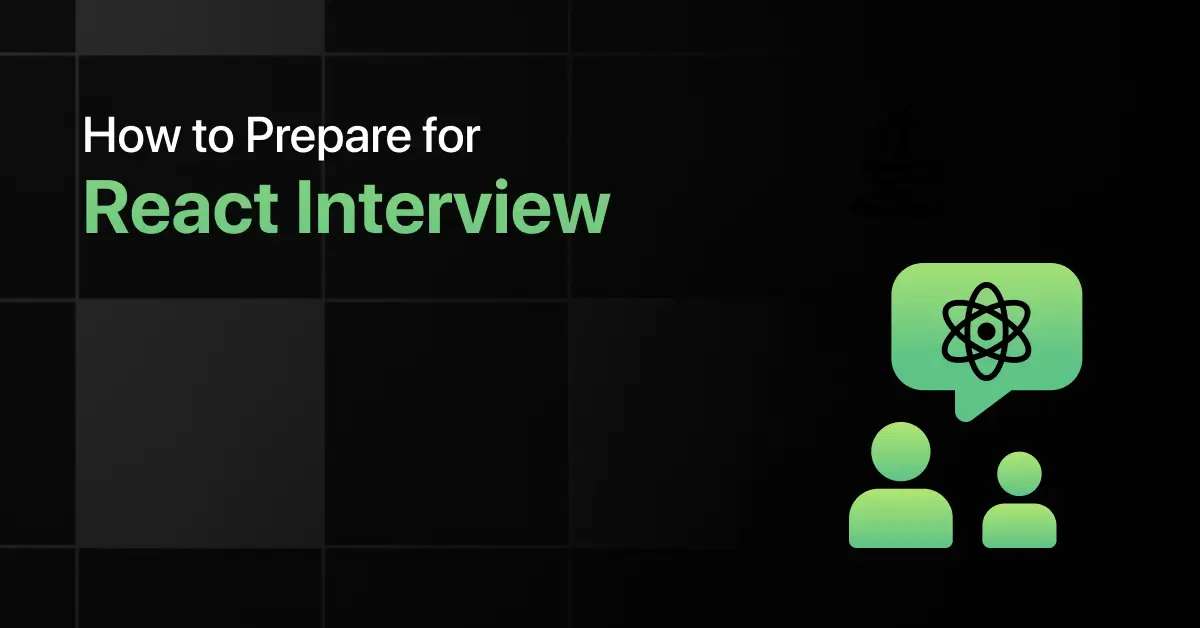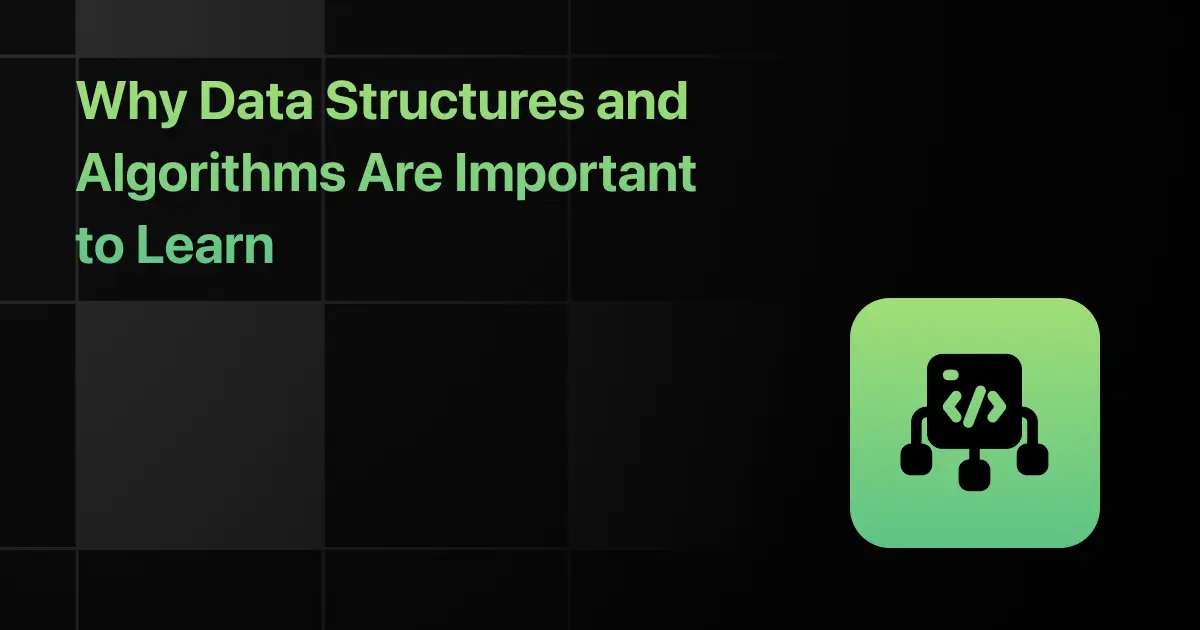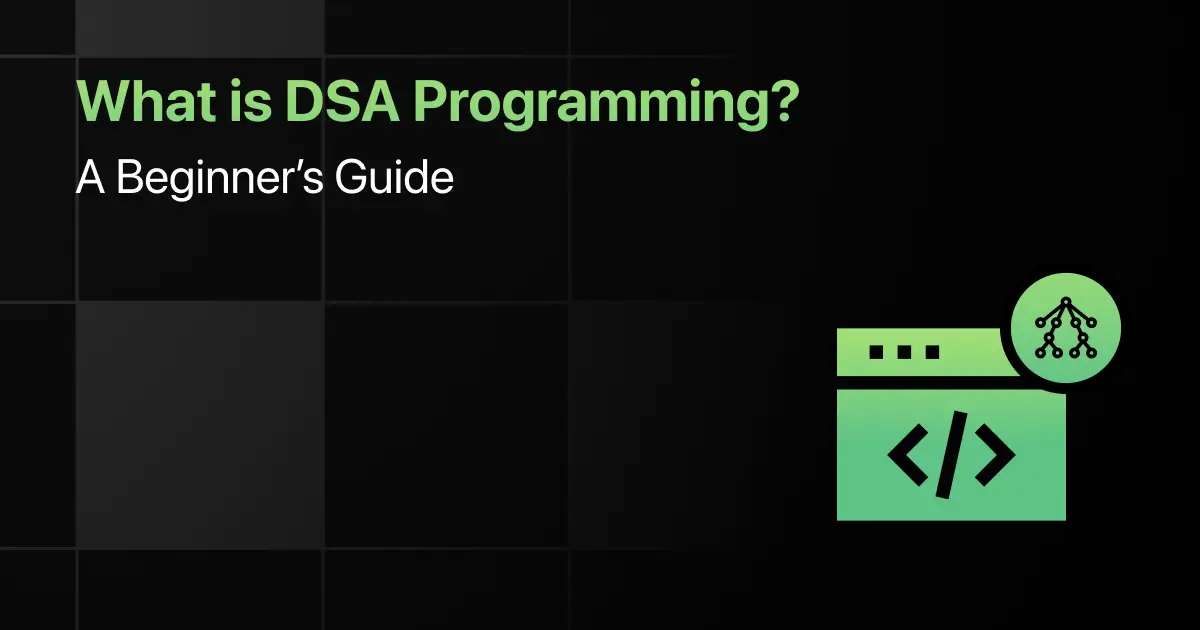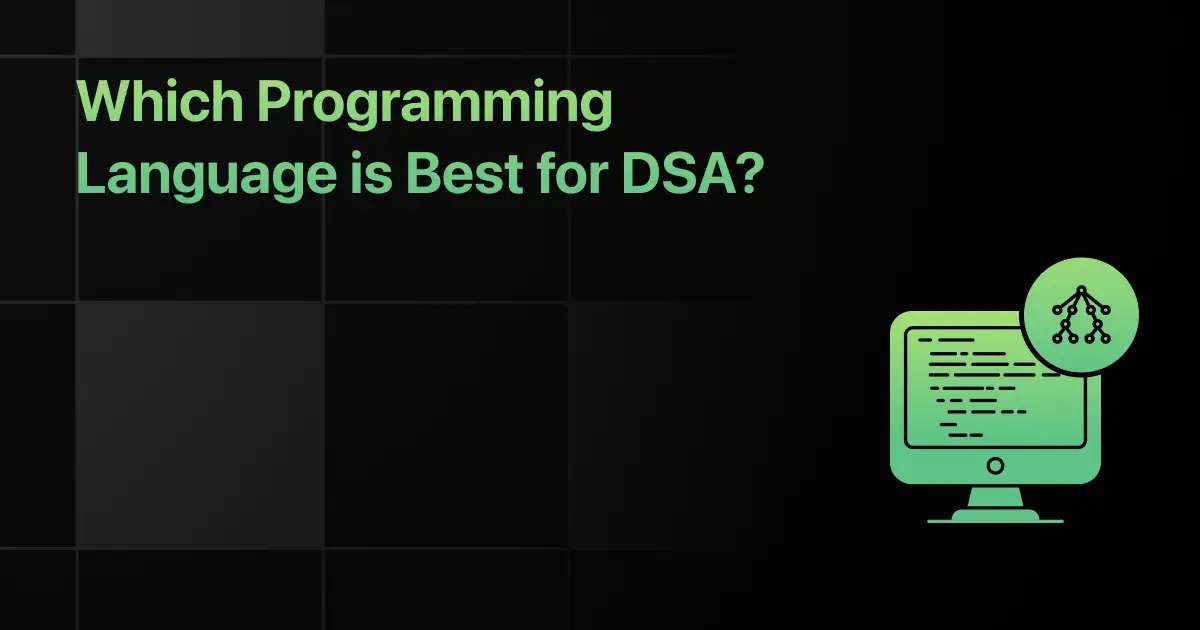How to Prepare for React Interview

Are you preparing for a React interview but feeling uncertain about which topics to prioritize?
Many candidates struggle with balancing JavaScript fundamentals, React core concepts, and hands-on coding practice during preparation.
This blog will guide you through a structured approach to React interview preparation, covering essential concepts, commonly asked questions, and practical tips to help you perform confidently.
React Interview Preparation Guide
Preparing for a React interview requires a solid understanding of both JavaScript fundamentals and React-specific concepts like components, props, state management, and lifecycle methods. Interviewers often test your ability to build and optimize React applications while explaining the reasoning behind your approach.
To prepare effectively, it helps to combine theory with coding practice and learn from real interview experiences, which provide insights into the types of React questions and challenges commonly asked in interviews.
1. Master the Core Fundamentals
A strong grasp of React fundamentals is essential before moving on to advanced topics. Interviewers often start by testing your understanding of React’s core building blocks. Key areas to focus on include:
- Components (functional and class-based)
- JSX syntax and rendering elements
- Props and state management
- Event handling in React
- Lifecycle methods and useEffect hook
- Conditional rendering and lists
- Forms and controlled/uncontrolled components
- React Router basics for navigation
- Context API for state management
- Error boundaries and handling exceptions
- Covering these topics ensures you can answer both theoretical and practical questions with confidence.
2. Practice Coding Problems Consistently
Most React interviews involve practical coding rounds where you may be asked to build small components or solve problems using hooks and state management. Consistent coding practice improves your ability to implement solutions quickly while following best practices.
Focus on tasks such as building reusable components, managing forms, implementing navigation, and handling asynchronous operations with APIs.
Practicing regularly on React Exercises helps strengthen your coding style and prepares you for real interview scenarios.
3. Prepare for Commonly Asked Interview Questions
React interviews often include a mix of conceptual and scenario-based questions. Reviewing frequently asked questions helps you understand the areas interviewers emphasize. Some commonly asked React interview questions include:
- What are the differences between functional and class components?
- What is JSX and how does it work in React?
- How do props differ from state in React?
- What is the virtual DOM and how does React use it?
- Explain the useEffect hook and its common use cases.
- What are controlled and uncontrolled components?
- How does React handle form inputs?
- What is React Router and how is navigation managed in React applications?
- What is the Context API and how does it differ from props drilling?
- Explain the difference between useState and useReducer.
- What are higher-order components (HOCs) and when are they used?
- How do you optimize performance in a React application?
- What are error boundaries and why are they needed?
- How does React handle reconciliation and rendering updates?
- What are common differences between React and other frameworks like Angular or Vue?
Preparing answers to these questions gives you clarity and helps you structure responses better during interviews.
4. Preparation Tips
A well-structured preparation plan can help you stay consistent and cover React efficiently. Begin with a revision schedule that divides time between JavaScript fundamentals, React concepts, and coding practice. Take mock interviews to get comfortable explaining your approach while solving React problems.
Work on React projects, such as a to-do list, weather app, or API-based dashboard, to showcase your ability to build functional applications.
Pay attention to writing clean and reusable code, as interviewers often evaluate code maintainability.
Finally, use the last day before the interview for revising key hooks, lifecycle methods, and common interview questions rather than learning new material.
Final Words
Preparing for a React interview requires balancing JavaScript fundamentals, React core concepts, and consistent coding practice.
With a clear study plan and regular revision, you can confidently handle both practical coding tasks and conceptual questions.
Explore More Interview Preparation for
FAQs
To prepare for a React interview as a fresher, focus on mastering React fundamentals, practicing coding problems, and revising commonly asked questions.
The most important React topics for interviews include components, props, state, lifecycle methods, hooks, context API, and React Router.
You should practice React coding problems daily by building small components and projects until you can implement them confidently within time limits.
The best platforms to practice React coding questions are PlacementPreparation.io, LeetCode, HackerRank, and Frontend Mentor.
To revise React concepts one day before the interview, quickly go through hooks, props vs state, lifecycle methods, and common interview questions.
PlacementPreparation.io is useful for React interview preparation because it offers structured exercises, MCQs, and real interview questions tailored for students.
Related Posts


Importance of Data Structures and Algorithms (DSA)
Why is everyone constantly talking about DSA, and why is it considered so important for programming? Many beginners focus only on …
Warning: Undefined variable $post_id in /var/www/wordpress/wp-content/themes/placementpreparation/template-parts/popup-zenlite.php on line 1050








